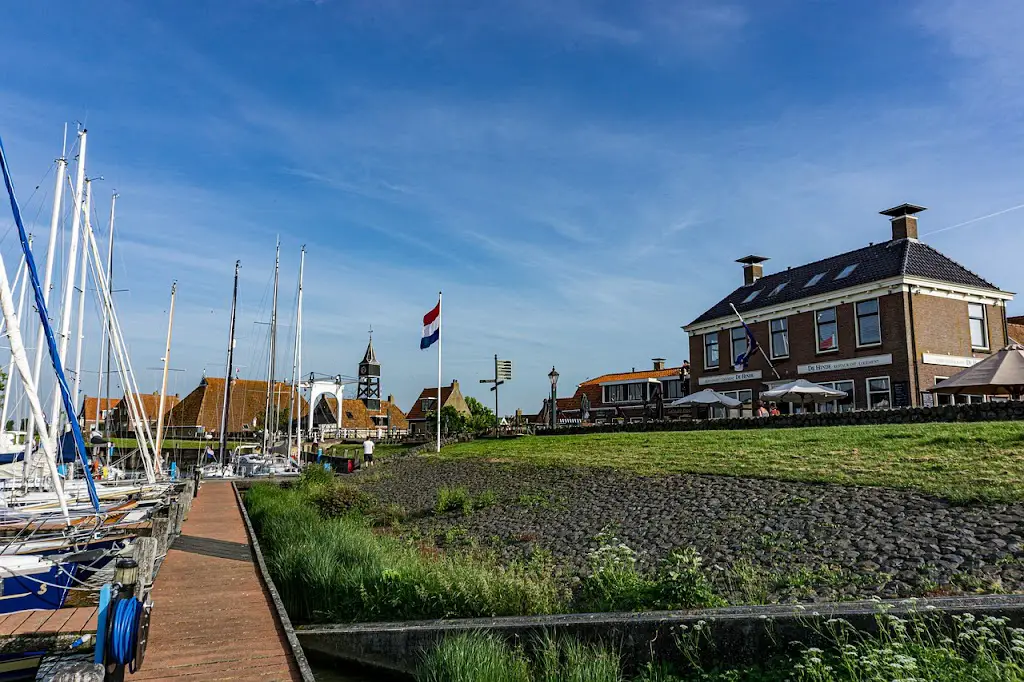There are several possibilities available to international students who want to study abroad, whether in the Americas or in any European country. Even if you limit your search to only European universities, you will still have a large selection to pick from because Europe is home to many highly regarded educational institutions, including those in the UK, Switzerland, Hungary, Austria, the Netherlands, Ireland, and many more countries.
This essay will discuss the Dutch educational system and the reasons you should think about choosing the Netherlands as your chosen study-abroad destination.
The higher standards and international perspectives of the Dutch system of higher education are well known. For international students, studying in the Netherlands is especially appealing because it offers one of the broadest selections of university programs taught in English in all of Europe.
Higher education in Holland
No matter what educational award a student wishes to receive, the Netherlands has a defined educational process that they must adhere to.
Candidates who pass the HAVO or VWO can enroll in a technology college, a research university, or another higher education facility to obtain an undergraduate degree.
The independent functioning of study-oriented training in a professional or educational setting is the primary area of attention for Dutch research institutions. In total, 14 research institutions and 8 medical facilities in academia offer three-year undergraduate programs and one- or two-year graduate courses to nearly two hundred thousand students. At the Dutch research institute, one can earn a WO degree.
The College of practical science, often known as Hogescholen, also prepares students for solitary scientific endeavors. Because hogescholen sometimes includes an expanded practical focus, the undergraduate degree that specializes in a particular field lasts four years.
It should be underlined that scholars are qualified to apply to almost all colleges for an extra undergraduate degree or even an advanced degree after completing the four-year undergraduate degree. However, a switch program (lasting a full year) might be required. The Dutch University of Applied Sciences offers a major in HBO.
University postgraduate studies in the Netherlands
Universities in the Netherlands, like those in any other nation, give students the chance to continue their studies after earning a bachelor’s degree. Once an undergraduate graduate program, such as the HBO or WO, has been completed, students may enroll in further classes to earn a master’s or Ph.D.
A doctoral program could last up to four years, covering a specific theoretical field, requiring thesis writing, and incorporating research. In contrast to master’s degree programs, which last roughly one to three years and concentrate on either academic or practical expertise, doctorate programs can last up to four years.
Holland offers scholarships to international students
There are literally hundreds of scholarships available for foreign students who desire to study in the nation. These programs are open to applicants from almost every country in the world as well as students with different educational backgrounds and academic specializations.
The Netherlands government introduced the Holland Scholarships in 2015 as part of efforts by countries to attract more international students to their countries. The majority of the students who were eligible for this chance were non-EEA nationals who intended to study for an undergraduate or graduate degree there. Each award, which has a value of €5,000, was given to freshmen to assist with their college costs.
Ep-Nuffic, a non-profit autonomous organization headquartered in the Netherlands committed to fostering globalization in education, is another organization that provides scholarship opportunities to international students.
Through a variety of financial aid programs managed by EP-NUFFIC, international students may pursue higher education in the Netherlands. These scholarships, which are funded by the Dutch government and a number of businesses, are offered at all academic levels and in a wide range of subject areas.
The opportunities for scholarships include;
a. The MENA scholarship programs, were created to allow professionals from nations like Jordan, Iraq, Algeria, Morocco, Egypt, Libya, Lebanon, Tunisia, Syria, and others to take a quick course in Holland.
b. The NFP, or Netherlands Fellowship Program, permitted specialists from 51 different nations to complete their education and receive training there. For the aforementioned initiative, candidates who were female and from Sub-Saharan Africa received precedence.
c. Bilateral scholarships for Sino-Dutch exchange for outstanding Chinese scholars to study or conduct research in the Netherlands. You can also explore Nuffic’s enormous records if you’re looking for information on the time period, contacts, tuition costs, academic and language requirements, delivery strategies, and objectives for various study programs.
Netherlands University admissions criteria
Various Dutch universities may have various requirements for admission depending on the specific degree you want to pursue and the school.
There are, however, a few essential pieces of information on the typical prerequisites, including;
Academic Prerequisite
A very important requirement is to graduate from elementary school with a diploma that will be recognized in the field or with an alternative certification. The American secondary education diploma, the International Baccalaureate, or even the A-levels could be involved in this.
Language proficiency
Candidates for a bachelor’s degree should be fluent in Dutch because it is the primary language of instruction in Dutch educational institutions. You might need to take a Dutch language test, such as the NT2 or the Dutch state exam, to prove your language skills. However, many universities offer programs that are taught in English, notably for graduate students. In such cases, you can be needed to demonstrate your proficiency in the English language by passing tests like the IELTS or TOEFL.
Particular access requirements
A certain set of courses or a minimum GPA could be additional entry requirements for some programs. Healthcare degrees may require additional entrance exams and required science courses, whereas industrial programs may raise the need for a math or physics certification.
Application procedure
Most Dutch institutions use Studielink, a centralized recruitment system. Utilizing Studielink makes it feasible to apply to many universities and courses. However, some programs, particularly those in the arts or other specialized fields, may have their own particular application procedure.
It is also important to remember that different institutions and courses may have different exact entrance requirements. In order to obtain thorough and up-to-date information, it is advisable that you visit the institution’s website.

